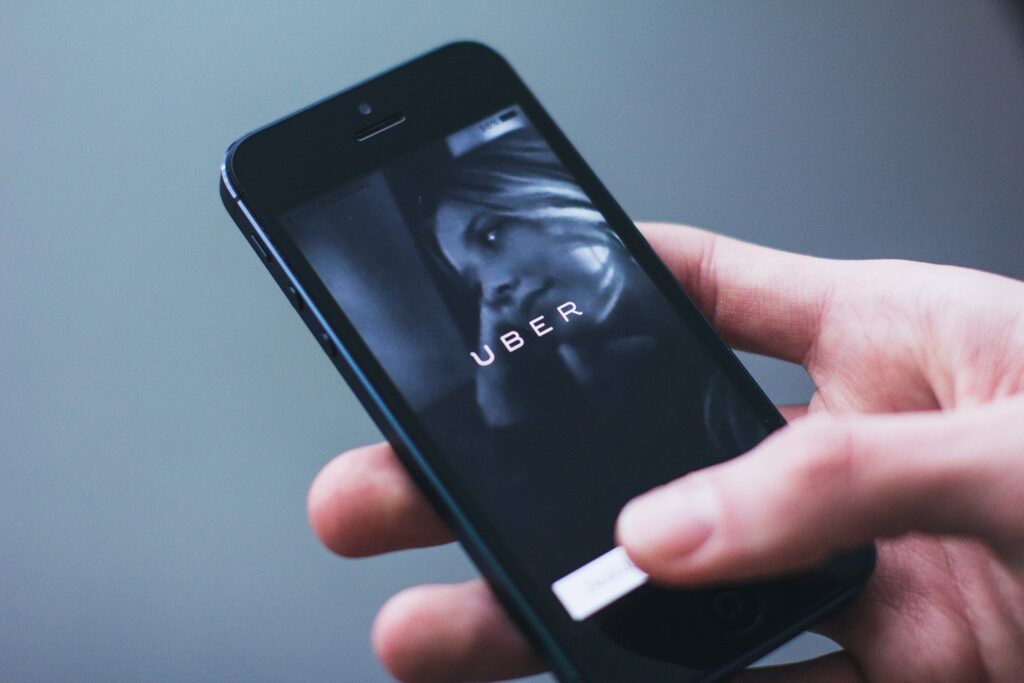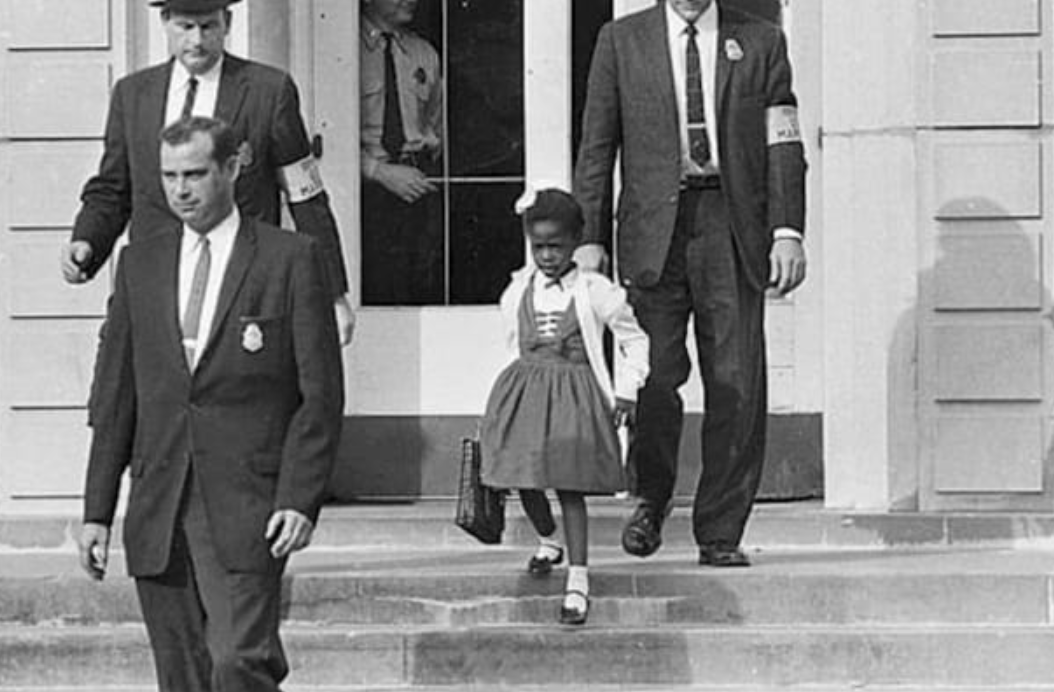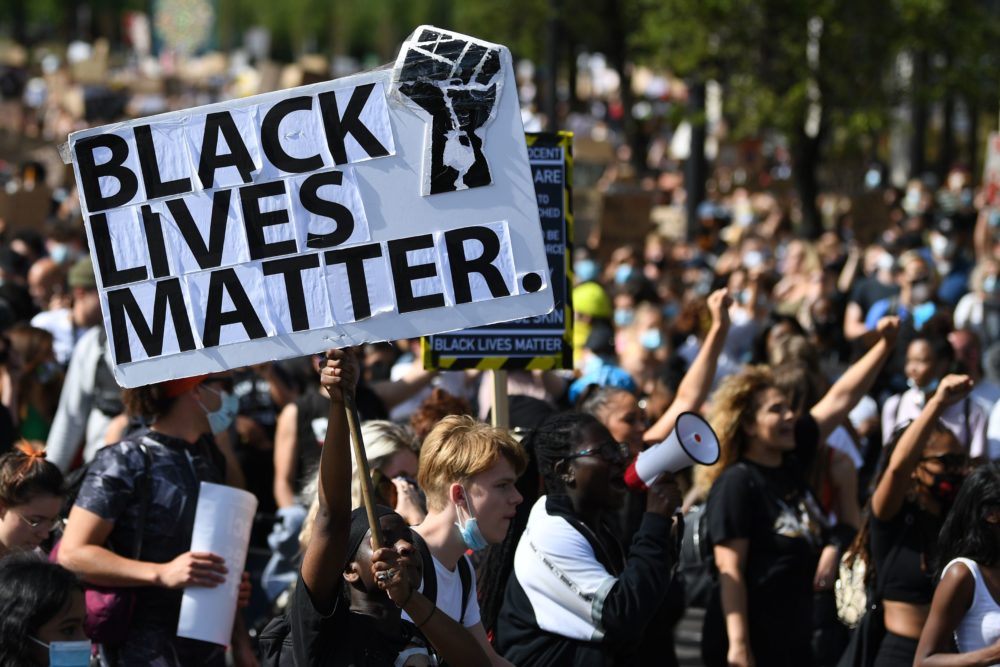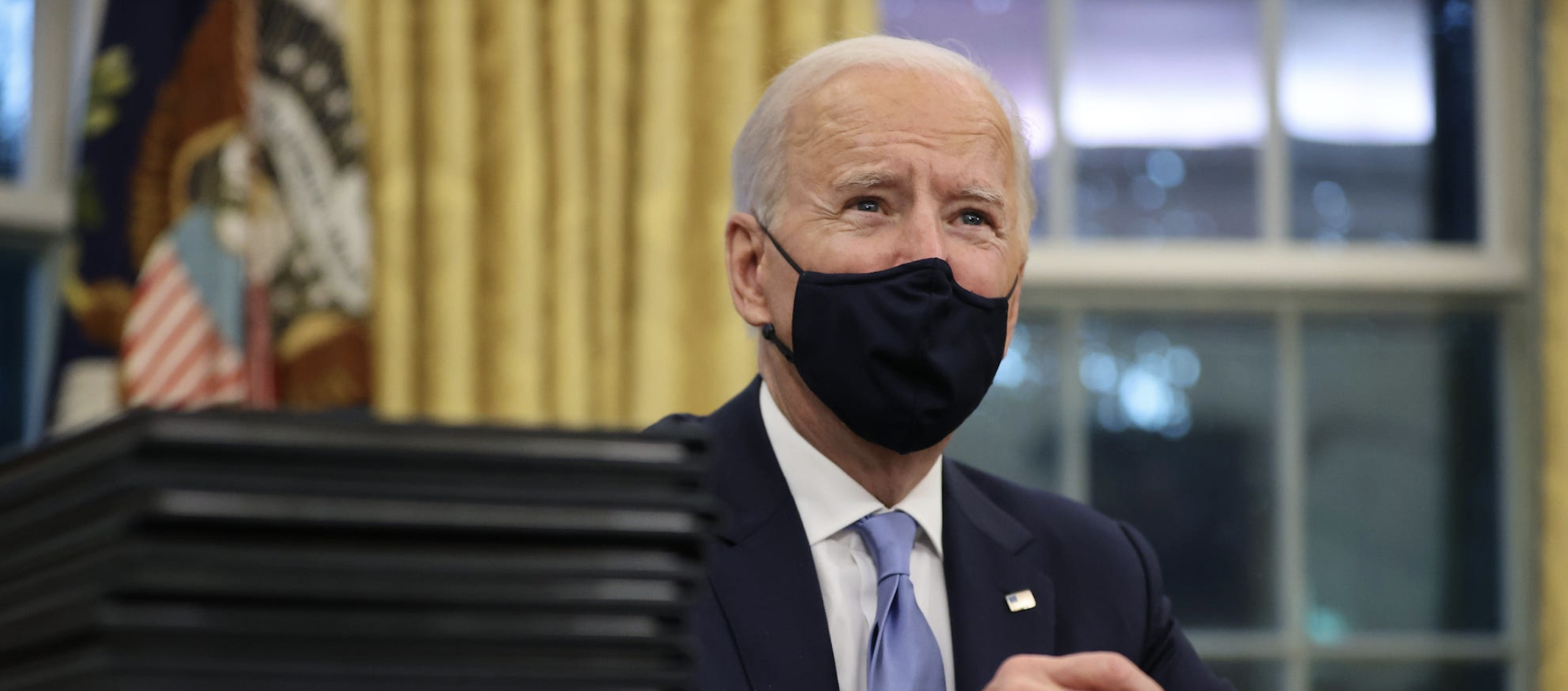On November 3, California passed Proposition 22, or the App-Based Drivers as Contractors and Labor Policies Initiative. This is considered a big win for gig-based companies including Uber, Lyft, and others. Prop 22 will exempt those companies from having to categorize their drivers and other gig workers as “employees” and will instead allow their relationship to be defined as one between a firm and an “independent contractor.”
Prop 22 is ominous because of how it is going to disproportionately affect Black and brown people who make up a large portion of drivers and gig workers for these companies. According to a survey conducted by San Francisco’s Local Agency Formation Commission (LAFCO), 78 percent of gig workers are workers of color, 56 percent are immigrants, and 21 percent do not have health insurance.
This controversial law is also the costliest ballot campaign in California’s history, according to Ballotpedia. App companies like Uber, Lyft, DoorDash and Postmates spent more than $200 million to back the law. The new contractual relationship will allow these companies to not provide their workers basic protections and benefits including, but not limited to, quality healthcare, minimum wage, paid sick leave, etc. What’s more, this reclassification does not grant these “independent contractors” full independence either, because they cannot choose their own rates or clients.
The “Yes on 22” campaign was fiercely pushed forward by companies despite the multiple lawsuits between the firms and the state of California which attempted to argue that drivers can only be classified as “contractors” if they’re outside company control and if their work is not part of the company’s main business model as per AB-5, the California law that Prop 22 helps circumvent. In August, Uber and Lyft threatened to shut down in the state should they not get their way, and workers’ testimony says that they were also pressured to advocate for the passing of Prop 22. In a Guardian article, a driver wrote that “Uber forced drivers to click through in-app messages warning them that they would lose their jobs if Prop 22 failed – for which they were sued.”






